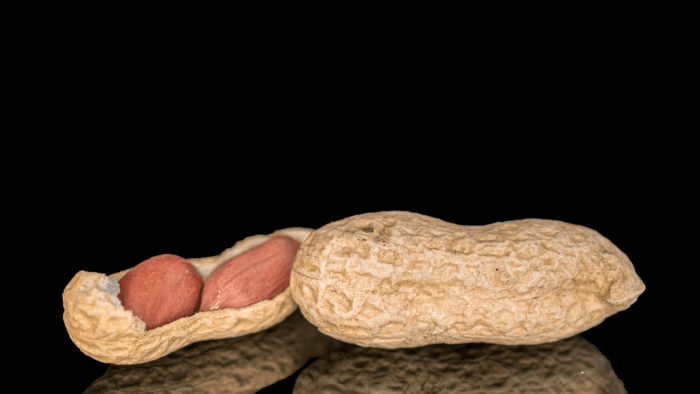Giving Peanuts Early May Prevent Peanut Allergy — Not Cause It

For many years, parents were told to keep peanuts away from babies to prevent food allergy. New evidence shows the opposite: giving small amounts of peanut and other food allergens early may actually reduce the risk of allergy later in life.
A large US study found that peanut allergy fell by about 43% and overall IgE-mediated food allergies dropped by more than one-third. This drop began after guidelines changed to encourage early introduction, not avoidance.
Why Early Exposure Helps
Food allergies happen when the immune system wrongly treats a food as a threat. This can trigger food allergy symptoms such as a food allergy rash or hives, swelling of the lips or face, vomiting, abdominal pain, coughing, wheeze, or — in severe cases — anaphylaxis.
By introducing food allergens early in small amounts, the immune system is more likely to learn tolerance instead of reacting. This can reduce the need for later allergy testing and long-term food avoidance.
What Changed in Feeding Advice
2015–2017 — doctors began advising early peanut introduction for babies at higher risk
2021 onward — guidance expanded: all infants without previous reactions can be offered peanut, egg and other allergens between 4 and 6 months alongside normal weaning
What the Data Showed
When researchers reviewed millions of children’s records before and after the change, peanut allergy fell from 0.79% to 0.45% and any IgE-mediated food allergy fell from 1.46% to 0.93%. In simple terms, about 1 in every 200 children avoided a food allergy because they were exposed early.
Could Food Allergies One Day Be Rare?
Scientists now think early exposure to multiple allergens — including milk, egg, fish, peanuts and certain cereals — may prevent a large share of allergies from ever developing. A simple shift in feeding habits could dramatically reduce, and possibly one day eliminate, a major part of the food allergy burden in children.
For Parents
Do not start solids before 4 months. Speak to a clinician first if your baby has eczema or past food allergy symptoms. When it is safe to do so, introduce allergens early and regularly rather than delay.
















